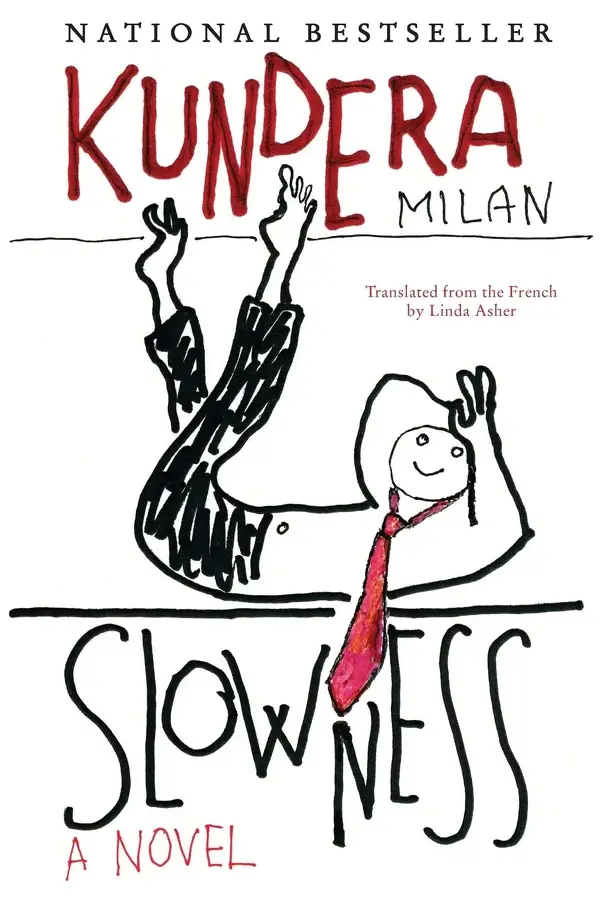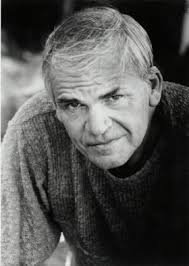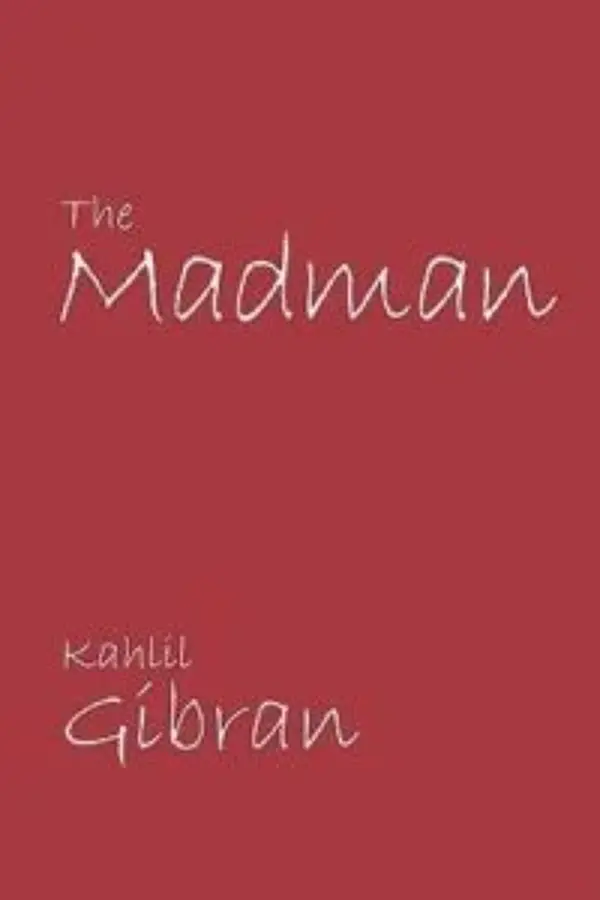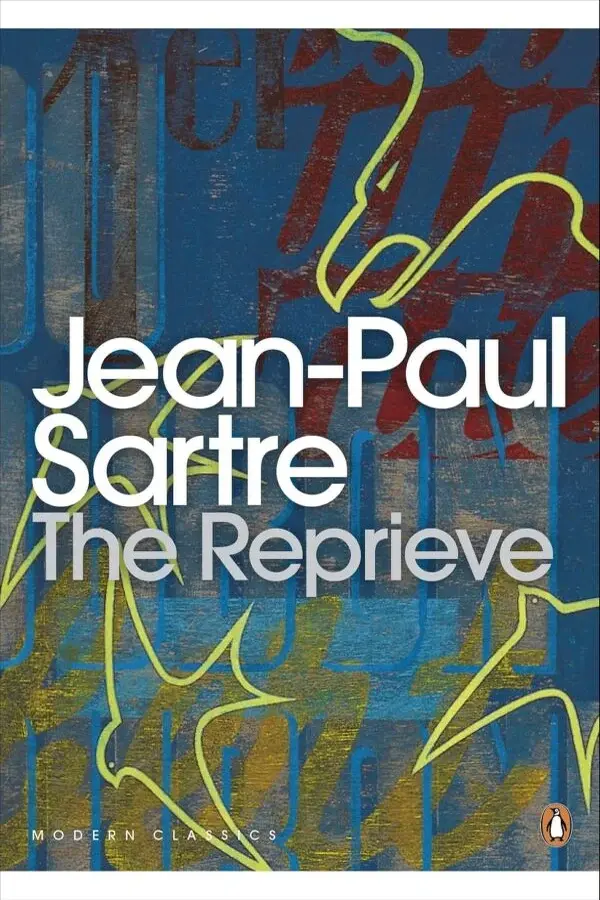Votre panier est vide.
Slowness
Plage de prix : 75,00 د.م. à 90,00 د.م.
Une nuit d'été entrelace deux histoires de séduction, séparées par des siècles, révélant comment la vitesse vole nos mémoires et la lenteur protège nos âmes.
La prose élégante de Kundera transforme une fable philosophique en un rappel ludique et urgent : le plaisir réside dans la pause, et non dans la précipitation.
Forget grand epics—this is a quiet revolution against our obsession with haste, where every delayed moment feels like rebellion.
Meet characters who dance for invisible crowds, and others who savor whispers in the dark, asking what we sacrifice for the spotlight.
It’s a love letter to lingering glances, unhurried thoughts, and the intimacy that vanishes when we live for the feed.
No heavy lectures here—just a nimble, witty guide through the art of noticing what the world races past.
Perfect for anyone who’s ever scrolled too long, rushed too hard, or wondered where the joy went.
A tiny masterpiece proving that the deepest truths move at the speed of thought.
🐢🌙🎭
Description
Milan Kundera’s Slowness unfolds as a graceful meditation on the rhythms of modern life, weaving together two distinct tales of seduction separated by centuries. Set against the backdrop of a single midsummer’s night, the narrative dances between the elegant, deliberate courtship of the past and the frantic, performative encounters of the present. Kundera invites readers into a world where time itself becomes a character—slowness revealing hidden depths of memory and intimacy, while speed erodes the very essence of human connection. The novel’s playful structure mirrors its themes, blending wit and wisdom to challenge our obsession with haste.
Through lyrical prose, Kundera explores the quiet rebellion of choosing slowness in an era that worships speed. He contrasts the sensual patience of historical romance with the hollow spectacle of contemporary life, where individuals perform for invisible audiences, sacrificing authenticity for the fleeting glow of attention. The interplay between these timelines isn’t merely a storytelling device; it’s a mirror reflecting our own struggles to find meaning in a world that values visibility over vulnerability. Every page hums with the tension between what we chase and what we truly need.
At its heart, Slowness is a love letter to the overlooked beauty of lingering moments. Kundera argues that memory thrives in the unhurried spaces between actions—the shared glance, the unspoken understanding, the ritual of pleasure savored rather than seized. He critiques the modern “demon of speed,” showing how our rush to forget reshapes identity, relationships, and even joy. Yet this isn’t a lament; it’s a call to reclaim the art of presence, to resist the tyranny of the clock without retreating from the world.
The novel’s brilliance lies in its deceptive simplicity. What begins as a light, almost whimsical divertimento deepens into a profound inquiry about what it means to be human in an age of perpetual motion. Kundera’s voice—intimate, conversational, and slyly humorous—guides readers through philosophical terrain without ever feeling heavy-handed. You’ll find yourself pausing mid-sentence, struck by a phrase that reframes your own relationship with time, memory, or desire. It’s a book that rewards rereading, each pass revealing new layers in its seemingly effortless dance.
Ultimately, Slowness transcends its title to become a celebration of conscious living. Kundera doesn’t preach; he illuminates. By contrasting eras and attitudes, he shows how slowness isn’t laziness but a radical act of attention—a way to honor the weight of each moment. In a culture drowning in distractions, this slender volume feels like an anchor, reminding us that the deepest joys are often found not in the chase, but in the quiet space where we finally stop to breathe.






















Avis
Il n’y a pas encore d’avis.